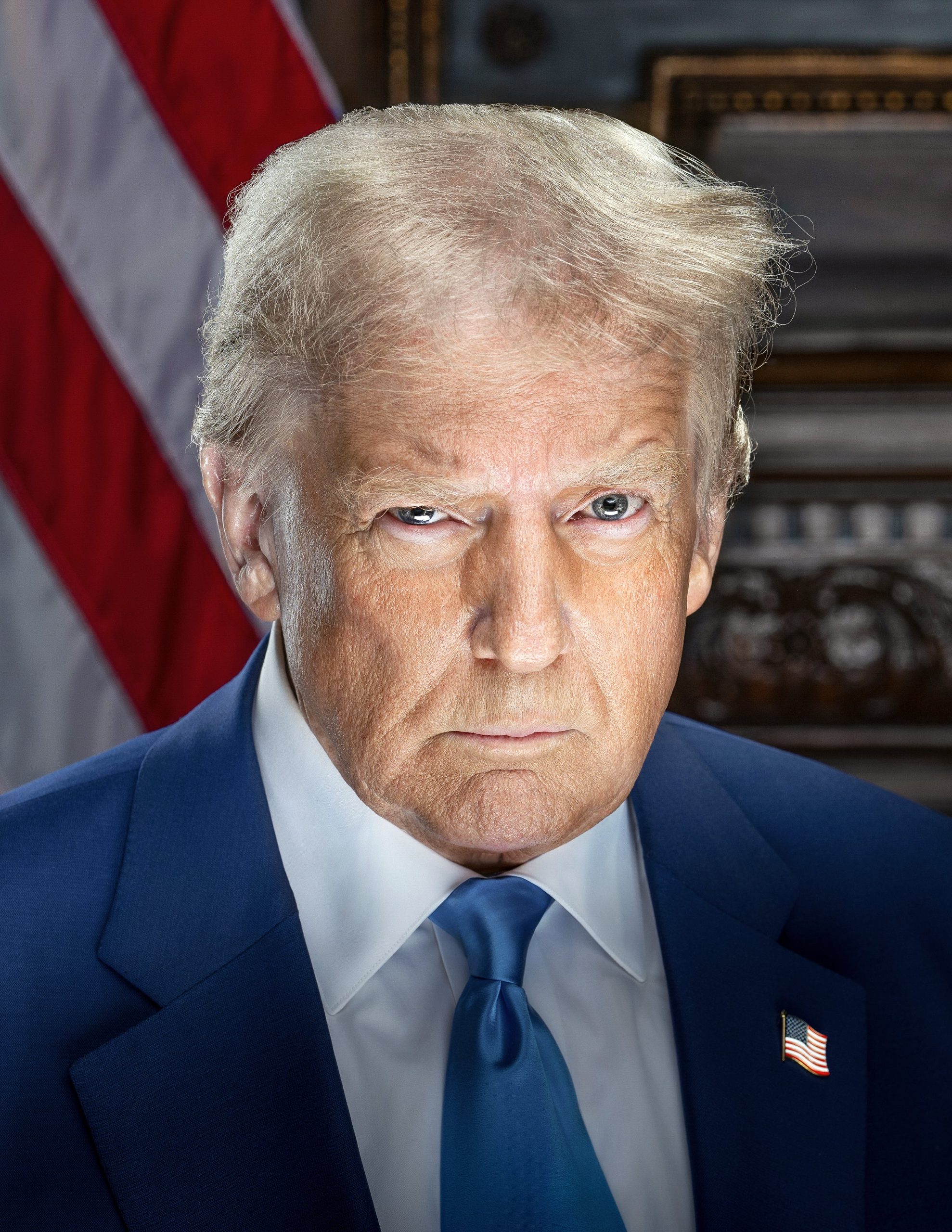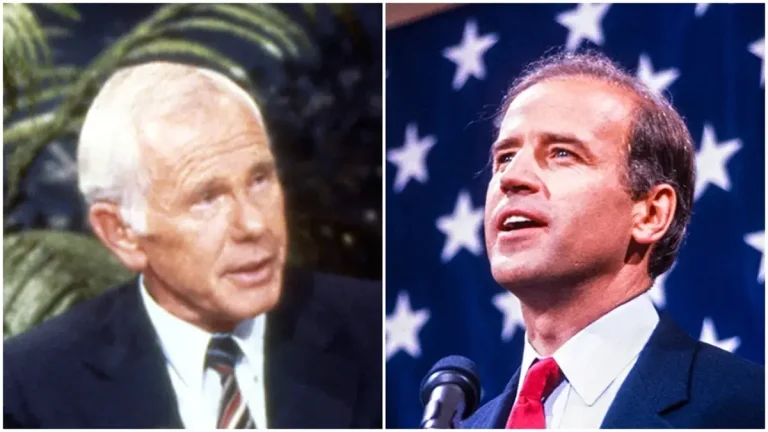In a rare show of bipartisan unity, four Senate Republicans joined all Senate Democrats to oppose former President Donald Trump’s proposed tariffs on Canadian imports, marking a significant political moment in the ongoing debate over U.S. trade policy. The Senate passed a resolution on the matter with a narrow 51-48 vote, delivering a notable rebuke to Trump and his administration’s use of tariffs as a political and economic tool.
The four Republicans who broke ranks with their party were Senators Rand Paul of Kentucky, Susan Collins of Maine, Lisa Murkowski of Alaska, and Senate Minority Leader Mitch McConnell of Kentucky. Rand Paul was also a co-sponsor of the resolution. Their decision to stand with Democrats reflects increasing unease within the Republican Party over Trump’s unilateral trade actions and his broader approach to foreign policy and economic nationalism.
The resolution targets a national emergency declaration invoked by the Trump administration in February, which was used to justify imposing tariffs on Canadian goods. The administration claimed that the declaration gave the president the authority to bypass Congress and enforce tariffs under the guise of protecting national security. However, lawmakers on both sides of the aisle have grown increasingly wary of this tactic, viewing it as an overreach of executive power.
Although the Senate vote is largely symbolic—since GOP leaders in the House of Representatives have shown little interest in advancing the resolution—it sends a strong political signal. It shows that concern over Trump’s trade policies isn’t confined to the Democratic Party and that resistance within the GOP, while limited, is beginning to surface more publicly.
The implications of Trump’s tariff policy are wide-reaching. On Wednesday, Trump announced sweeping new tariffs of at least 10% on nearly all imported goods entering the United States. Countries with the largest trade deficits with the U.S. would be subject to even higher rates. The policy shift represents a major escalation in Trump’s long-standing campaign to recalibrate global trade in America’s favor.
Trump has long argued that tariffs are necessary to protect American workers and revive domestic manufacturing. “This has turned out to be one of the most important days in the history of our country,” Trump said in remarks delivered after unveiling the tariffs. “God bless you, and God bless America.”
However, critics warn that such a policy could backfire. Economic analysts, business leaders, and even some within Trump’s own party fear that this aggressive tariff strategy could spark a global trade war, disrupt supply chains, and increase costs for U.S. businesses and consumers. Prices on everything from household goods to automobiles could rise, placing additional strain on American families already grappling with inflation and economic uncertainty.
Indeed, the financial markets responded almost immediately. On the morning of Trump’s announcement, Wall Street opened sharply lower. The Dow Jones Industrial Average, NASDAQ, and S&P 500 all fell between 2% and 3%, reflecting investor concerns over the potential economic fallout of the new tariffs. This sharp downturn highlighted the market’s skepticism toward the administration’s trade approach and the fears of retaliatory tariffs from key trade partners, including Canada, the European Union, and China.
Canada, a close economic ally and one of the largest trading partners of the United States, has previously expressed frustration with Trump-era tariffs. When Trump imposed steel and aluminum tariffs on Canadian goods during his presidency, Canada responded with retaliatory tariffs on U.S. exports such as whiskey, orange juice, and dairy products. The renewed push for tariffs risks reigniting these tensions and undermining cross-border economic cooperation.
In Congress, Democrats have been vocal in their opposition to the tariffs and have been working on strategies to counteract them. The Senate resolution represents a culmination of months of planning rather than a knee-jerk response to Trump’s latest announcements. Democrats argue that using a national emergency declaration to justify economic measures like tariffs sets a dangerous precedent, one that undermines the legislative branch’s authority over trade policy.
Representative Greg Meeks of New York, the top Democrat on the House Foreign Affairs Committee, announced his intention to introduce a “privileged resolution” in the House. This procedural move would allow him to force a vote on the issue without requiring approval from GOP leadership, who have previously blocked similar measures. If successful, this could open the door for a broader legislative showdown over Trump’s trade policy.
Meeks and other House Democrats see the privileged resolution as a tool to circumvent partisan gridlock and elevate the national debate on the consequences of the administration’s trade decisions. “We cannot stand by and allow any president—regardless of party—to bypass Congress and unilaterally reshape the global economy,” Meeks said in a statement. “This is about preserving the checks and balances of our democracy.”
Despite this political resistance, Trump remains a dominant figure in Republican politics and retains significant support among the party’s base. Many GOP lawmakers are reluctant to challenge him directly, fearing political backlash from their constituents or primary challengers aligned with the former president.
Yet, the votes from McConnell, Paul, Collins, and Murkowski suggest that fissures are beginning to emerge within the GOP coalition. McConnell’s vote is especially notable, given his influential role in the party. His opposition to Trump’s trade policies could encourage more Republicans to voice their concerns and push for a more balanced approach to economic policy.
As the debate continues, the future of Trump’s tariffs—and the broader direction of U.S. trade policy—remains uncertain. The Senate’s resolution may not carry immediate legislative weight, but it represents a pivotal moment in the fight over the role of executive authority and the need for bipartisan consensus in crafting the nation’s economic strategy.
In the meantime, American businesses and consumers will be watching closely. With markets on edge and international relationships at stake, the consequences of Trump’s tariff policies will likely unfold over the coming months, potentially shaping the political and economic landscape leading into the next election cycle.









